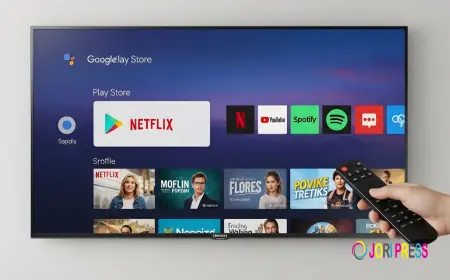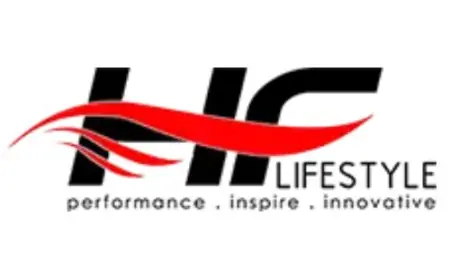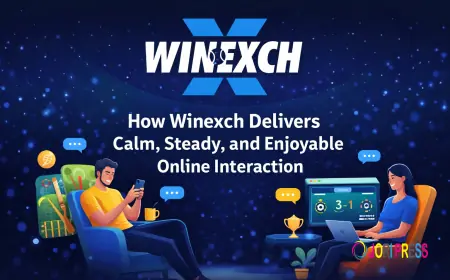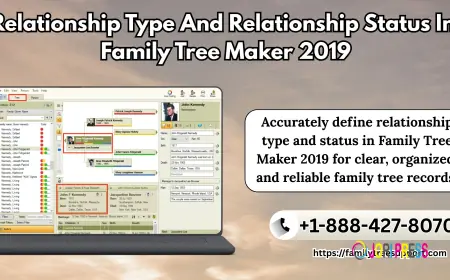Solar Asset Tokenization: Transforming the Way We Invest in Clean Energy
Solar asset tokenisation is the digitization of ownership stakes in solar power projects using blockchain-based tokens.
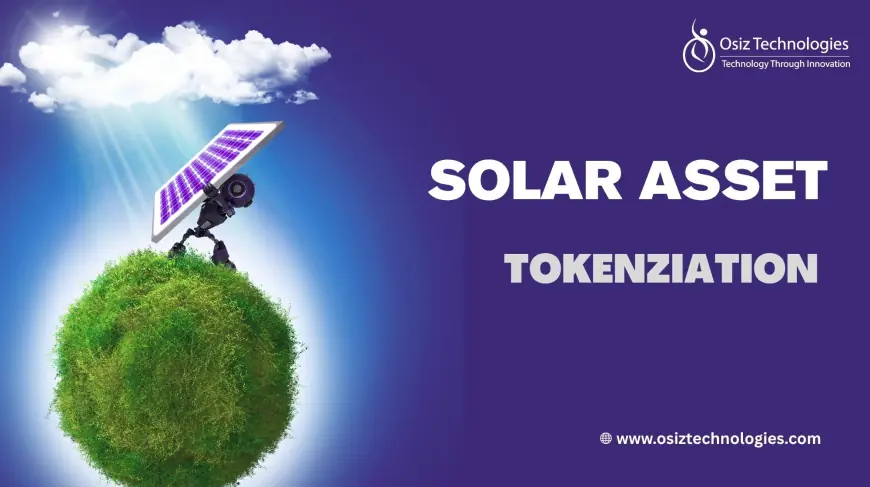
Solar asset tokenization is emerging as a game-changer in renewable energy investments. By leveraging blockchain technology, solar projects can be divided into digital tokens representing ownership or revenue rights. This transformation enables more flexible, accessible, and transparent participation in solar energy financing, driving the global shift toward sustainable energy.
What Is Solar Asset Tokenization?
Solar asset tokenisation is the digitization of ownership stakes in solar power projects using blockchain-based tokens. These tokens act as digital certificates representing a fraction of the solar asset or its income stream. Tokenisation enables the division of large solar projects into smaller units, making it easier for a wide range of investors to engage in the clean energy sector.
How Does the Tokenization Process Work?
The tokenisation process begins with selecting solar projects suitable for fractional ownership. Next, legal frameworks and compliance measures are put in place to meet jurisdictional regulations. Tokens are created on a blockchain platform and linked to the ownership rights or future cash flows of the asset. Investors can purchase these tokens via digital wallets, while smart contracts handle tasks such as revenue distribution and voting on project decisions, automating many administrative processes.
Key Services in Solar Asset Tokenization
-
Token Minting: Creating blockchain-based tokens representing ownership or income rights.
-
Smart Contract Development: Writing self-executing contracts to automate dividends, governance, and compliance.
-
Legal & Regulatory Advisory: Ensuring token sales meet local and international financial regulations.
-
Platform Development: Building user-friendly interfaces for token trading, reporting, and asset management.
-
Investor Education: Providing materials and support to guide potential token holders through the investment process.
-
Integration Solutions: Connecting tokenized assets with existing energy management and financial systems.
Blockchain Technology’s Role
Blockchain forms the foundation for tokenisation by offering a secure, decentralised ledger for recording all transactions. This ledger is immutable, meaning records cannot be altered, which increases trust among all parties involved. Smart contracts reduce human error and operational delays by automatically executing contract terms, such as distributing income or enforcing ownership rules.
Challenges Facing Solar Asset Tokenization
Tokenization in the solar sector is still an evolving field, encountering several challenges:
-
Regulatory Uncertainty: Varying legal frameworks across countries complicate the design of compliant token offerings.
-
Technological Barriers: Some stakeholders face difficulties adopting blockchain technology or integrating it with legacy systems.
-
Investor Awareness: Education is needed to help investors understand token mechanics and associated risks.
-
Security Concerns: Protecting digital tokens and user data from cyber threats is paramount.
-
Market Infrastructure: Developing reliable secondary markets for trading solar tokens remains an ongoing effort.
Examples of Solar Tokenization Projects
Various pilot projects and platforms globally have successfully demonstrated solar asset tokenization. Community solar initiatives have factionalized ownership, allowing smaller investors to support local renewable energy while earning returns. These projects provide a proof of concept for tokenization’s ability to unlock new capital flows and promote decentralised clean energy ownership.
Impact on Renewable Energy Finance
By allowing solar assets to be divided into tradable tokens, the capital-raising landscape for renewable projects is shifting dramatically. Tokenisation lowers entry barriers and increases market liquidity, which can accelerate funding timelines and reduce reliance on traditional financing institutions. This democratisation encourages broader participation from retail investors, institutions, and even impact funds focused on sustainability.
Final Words
With every stage of implementing solar asset tokenization—from blockchain token creation and smart contract automation to regulatory compliance, investor onboarding, and platform integration—developers and investors need a trusted and innovative technology partner. That’s where Osiz Technologies steps in. As a leading Solar Asset Tokenization Solutions Provider, Osiz delivers end-to-end, secure, and scalable blockchain platforms designed to simplify solar asset digitization and unlock new investment opportunities, driving the clean energy revolution forward.
What's Your Reaction?
 Like
0
Like
0
 Dislike
0
Dislike
0
 Love
0
Love
0
 Funny
0
Funny
0
 Angry
0
Angry
0
 Sad
0
Sad
0
 Wow
0
Wow
0



